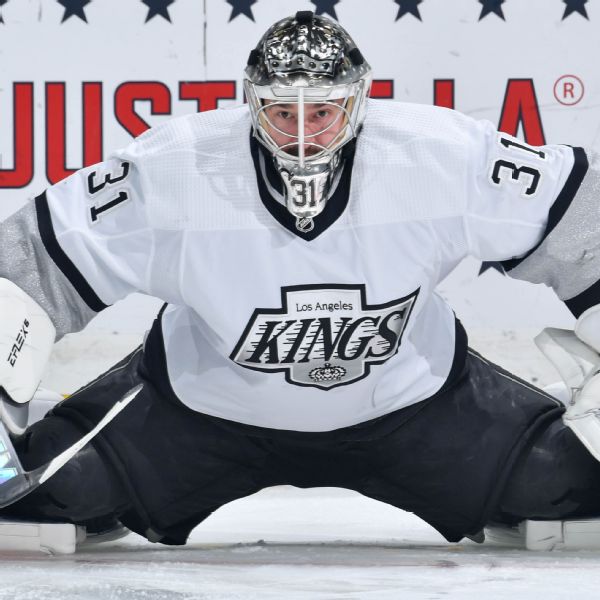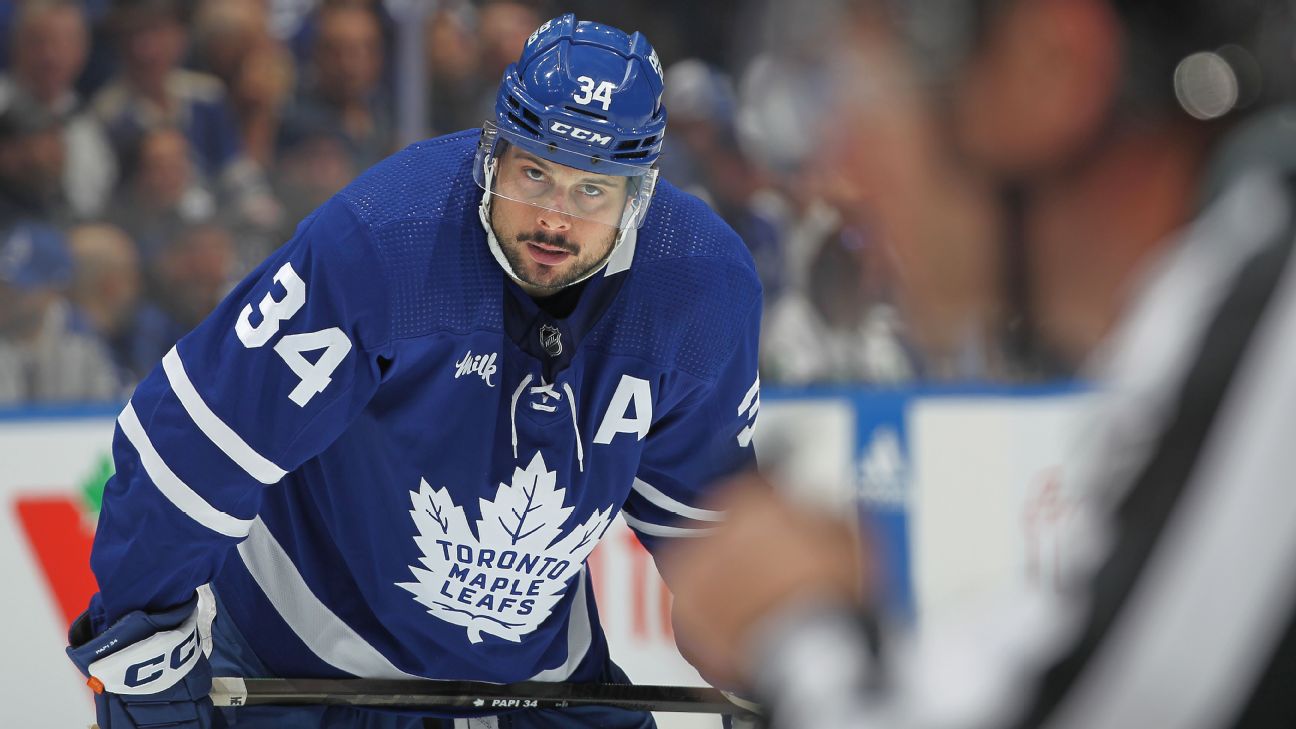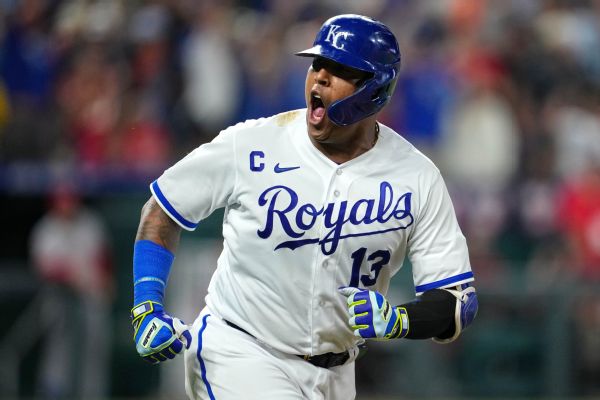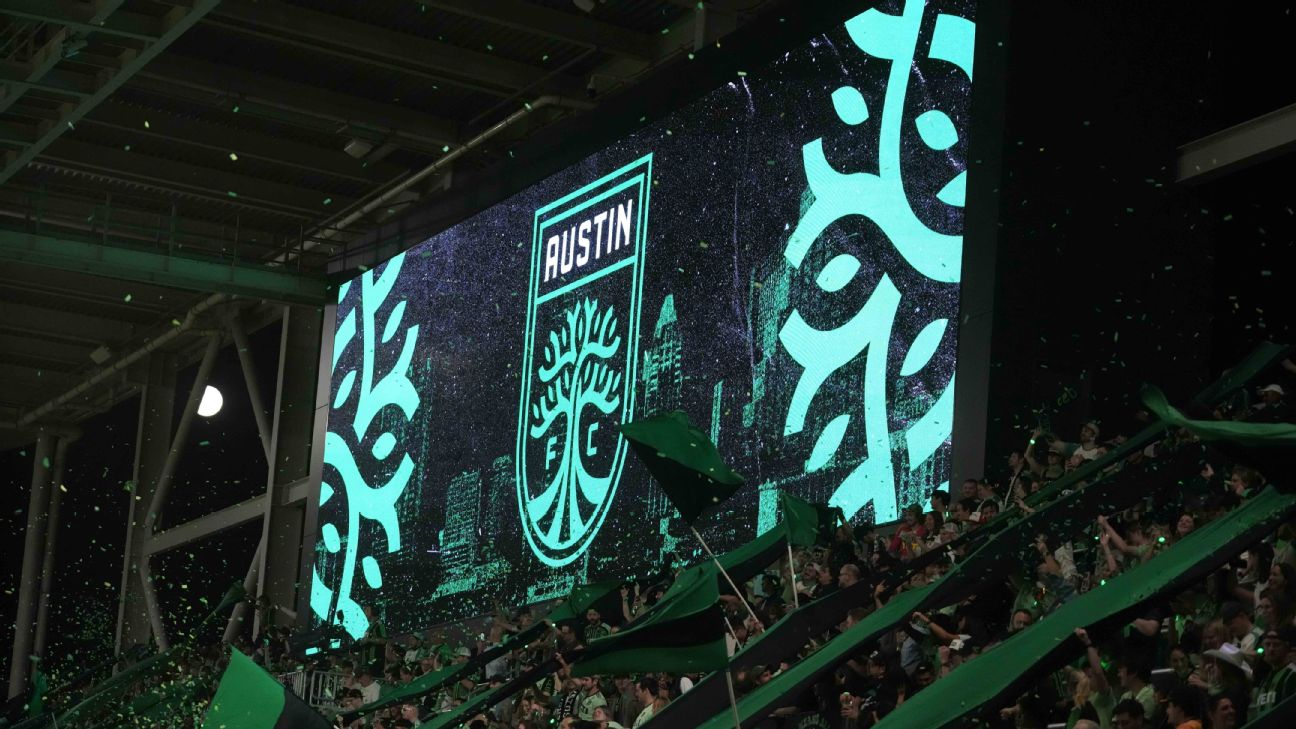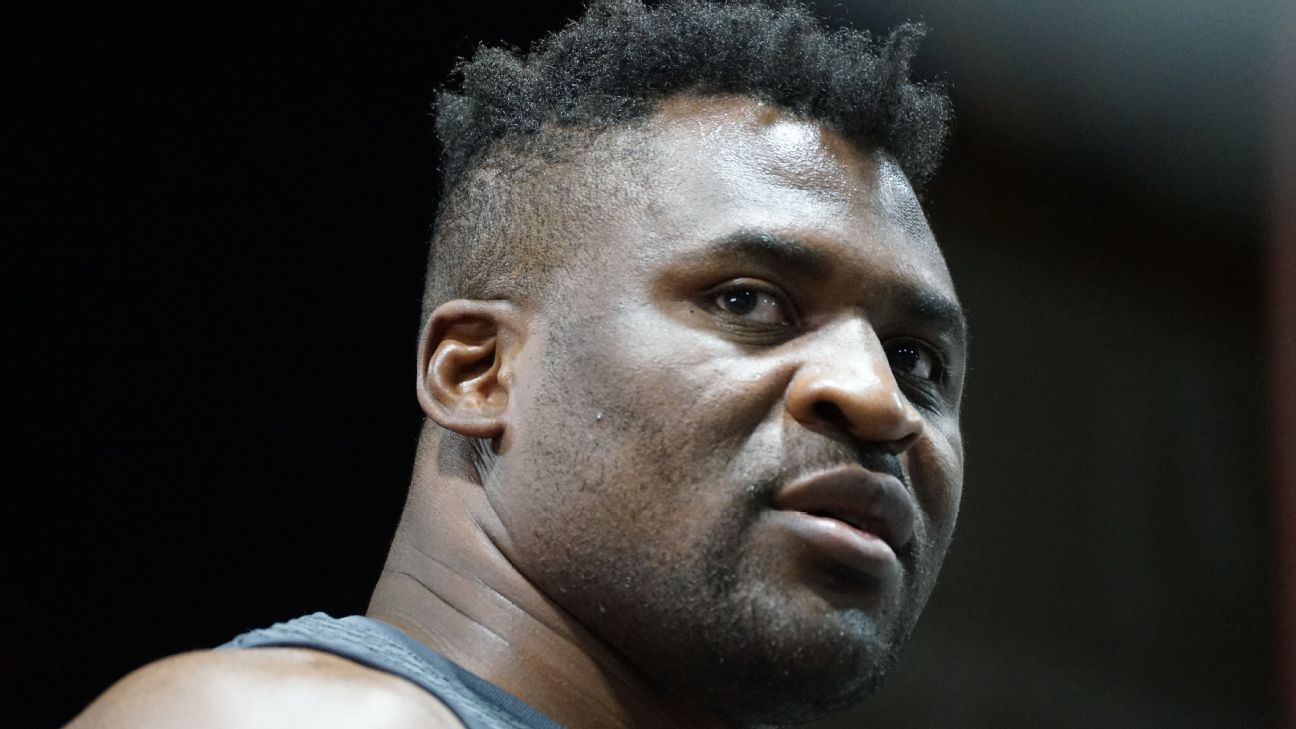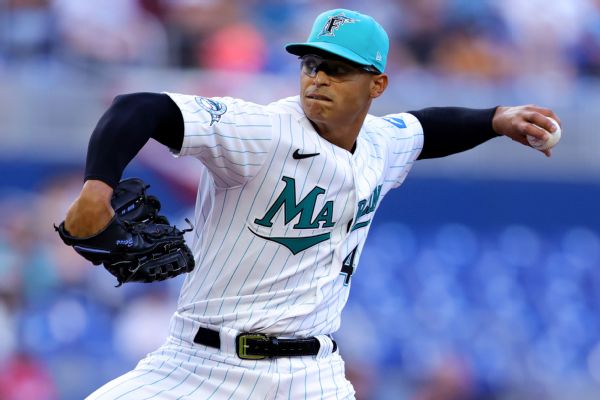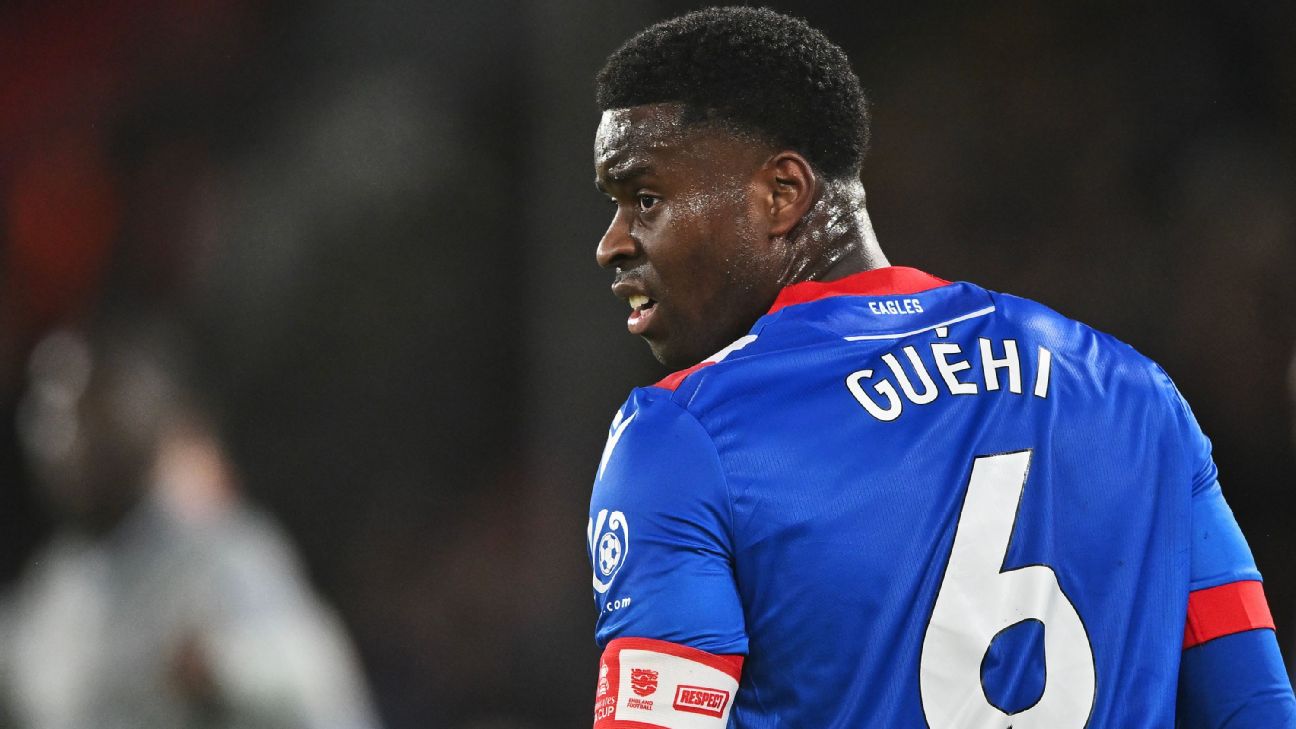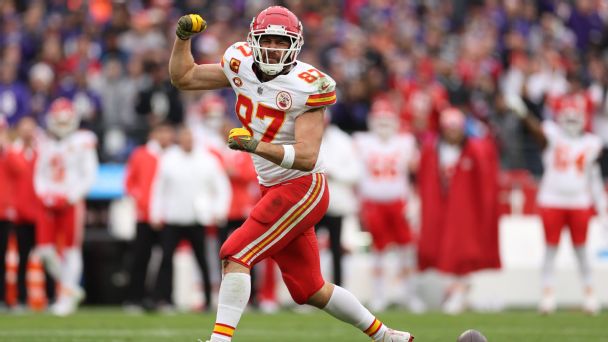![Kirk/Lawrence [608x342]](https://a.espncdn.com/photo/2024/0416/r1319943_608x342_16-9.jpg)
The sun always sets Timberwolves troll Suns after sweep
JACKSONVILLE, Fla. -- When Calvin Ridley chose to sign with the Tennessee Titans last month, it heightened the Jacksonville Jaguars' need for a No. 1 receiver. The 2024 NFL draft kicks off next Thursday, and it would make sense for the Jaguars to add a receiver -- either at No. 17 or with one of their seven other picks.
Analysts regard this draft as having a deep and talented group of pass-catchers, with elite players at the top of the group who could become No. 1 WRs in the mold of Justin Jefferson and Ja'Marr Chase. And the Jaguars need to find young receivers to eventually replace their current group and grow in the offense with franchise quarterback Trevor Lawrence.
"Yeah, we are going to add receivers," coach Doug Pederson said at the NFL league meetings in late March. "We need 15 or 16 guys going into training camp so we're going to add guys. We're not where we need to be; it's not the final product. If there is somebody sitting there that makes you better, you are going to do everything you can to try to do that.
"It's a good receiver group this year. If you can always add talent, add talent wherever you can."
Sounds pretty simple, right? Historically, though, choosing a receiver in the draft hasn't been easy for Jacksonville.
Four general managers/personnel executives have failed in their attempts to land the right guy. The Jaguars have selected 31 receivers since the franchise's inception in 1995 -- including nine in the first three rounds -- and only two have had 1,000-yard seasons: Allen Robinson II (2015) and DJ Chark Jr. (2019), both of whom were second-round picks by general manager Dave Caldwell.
According to the Elias Sports Bureau, that's tied with three other teams for fewest drafted receivers to have 1,000-yard seasons since 1995. The Cleveland Browns (Kevin Johnson and Braylon Edwards), Las Vegas Raiders (Amari Cooper and Hunter Renfrow) and New England Patriots (Terry Glenn and Julian Edelman) are the others.
The four receivers they selected in the first round -- R. Jay Soward (2000), Reggie Williams (2004), Matt Jones (2005) and Justin Blackmon (2012) -- weren't productive with the Jaguars.
Soward caught 14 passes for 154 yards and a touchdown in 13 games with Jacksonville. He was suspended multiple times by the team for violating team rules and three times by the NFL for violating the league's substance-abuse policy.
Williams missed only one game in his five seasons with the Jaguars. He caught 189 passes for 2,322 yards and 18 touchdowns, and he had his best season in 2007 with 38 catches, 629 yards and 10 TDs.
Jones was a QB at Arkansas but was drafted with the plan to move him to receiver. He played four seasons, finishing with 2,153 yards and 15 touchdowns. In 2008, he was having the best season of his career (65 catches, 761 yards) before being suspended by the NFL for violating the league's substance-abuse policy. Jones was arrested multiple times, including once on cocaine possession, and the Jaguars released him in March 2009.
Finally, Blackmon was a No. 5 overall pick despite an arrest for driving under the influence in college. Less than a month after the draft, Blackmon was arrested on a DUI again, with his blood alcohol content three times the legal limit. That put him in the NFL's substance abuse program. Blackmon caught 64 passes for 865 yards and five touchdowns as a rookie but was suspended from the NFL indefinitely following a third violation of the league's substance abuse policy.
Now, it's GM Trent Baalke's turn to try and find a player who could one day deserve to be mentioned among the elite receivers in Jaguars history, but to do so, he's going to have to buck the franchise's less-than-stellar track record -- especially if he chooses to take one in Round 1.
Adding a receiver at the upcoming draft is critical for future roster construction, especially as Lawrence's contract extension nears. With that big number -- which is expected to be in the $40-50 million annually range -- as well as the five-year deal with a base salary of $141.25 million signed by pass-rusher Josh Allen and an eventual extension for 2022 first-overall pick Travon Walker, the team needs to find explosive players on cost-controlled rookie deals.
Plus, there isn't a current young receiver waiting in the wings to take over as the team's top option. Zay Jones, 29, is entering the final year of the contract he signed in 2022. He missed eight games last season with a knee injury. Christian Kirk, 27, has two more seasons remaining on the four-year, $72 million contract he signed in 2022. He's due to count $24.4 million against the salary cap in 2024 and 2025, and the team could save $10.7 million against the cap if they release him in 2025.
The Jaguars signed Gabe Davis to a three-year contract last month, and while he's 25 years old, he never caught more than 48 passes in any of his four seasons in Buffalo despite playing opposite Stefon Diggs. He will be, at best, the Jaguars' No. 2 receiver behind Kirk.
The Jaguars also signed Devin Duvernay, 26, but mainly to contribute as a kick and punt returner. Lastly, Parker Washington -- who was a sixth-round pick in 2023 -- wasn't ready when pressed into a major role last season after Kirk suffered an abdominal injury and missed the final five games.
So despite having major needs at cornerback and edge rusher, the Jaguars might be tempted to take a receiver at No. 17.
"You look at the top of the draft, obviously it's really good," Pederson said. "Then there are always some guys you can find in the middle part of the draft that can come in and help you."
Ohio State's Marvin Harrison Jr., LSU's Malik Nabers and Washington's Rome Odunze are the consensus top three wideouts. They're also among the top 10 players on big boards from ESPN's Mel Kiper Jr. and Field Yates. They likely won't be available at No. 17 for the Jaguars.
Jacksonville will want to add a tall, skilled receiver to help Lawrence down the field and in the endzone. The Jaguars have one receiver on the roster taller than 6-foot-2; second-year player Elijah Cooks is 6-4 but has just three career catches.
LSU's Brian Thomas Jr. -- whom Kiper has the Jaguars picking at No. 17 in his latest alternating mock draft with Yates -- and Texas' Adonai Mitchell are 6-foot-3 and could be available for the Jaguars in the first round without having to trade up. Thomas led the FBS in touchdowns with 17 last season and has been compared to Bengals WR Tee Higgins -- Lawrence's college target at Clemson. Keon Coleman is also 6-3, but there are concerns around the former Florida State player after he ran a 4.61-second 40-yard dash at the combine. However, he was productive in his three college seasons (two at Michigan State and one at FSU), averaging 13.1 yards per catch on 115 receptions with 19 touchdowns.
If recent ESPN mock drafts are any indication, the draft could feature as many as seven receivers selected in the first round and as many as 15 selected in the first two rounds combined.
Maybe one ends up in Jacksonville.
"We've got a lot of needs," Baalke said at his end-of-season news conference. "It's not going to do me any good to sit up here and tell the world what we view as our key needs. At the same time, we know what we need to do. Again, this isn't a team that finished 2-15. We finished 9-8, one game out and it's not good enough. I get that. It's not a team that needs to be a total overhaul. There's good players in that locker room. There's good coaches in this building. There's good personnel people.
"We have what we need in this building, we just got to add some more to it."


